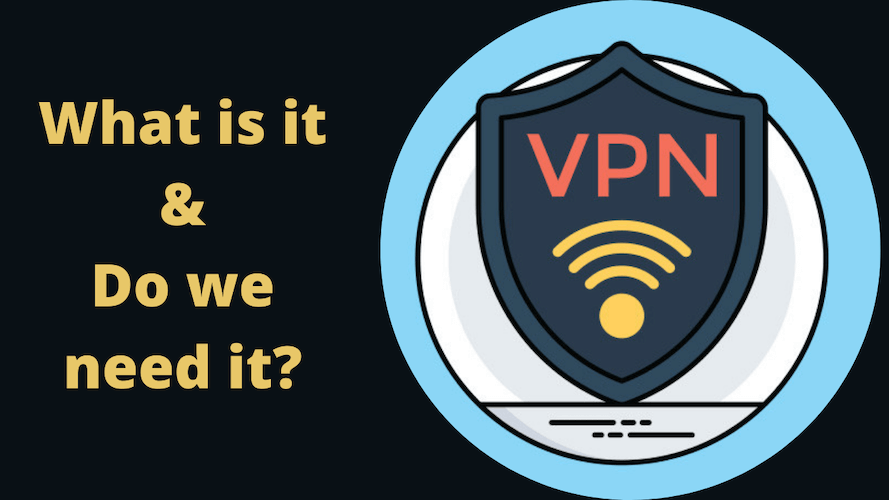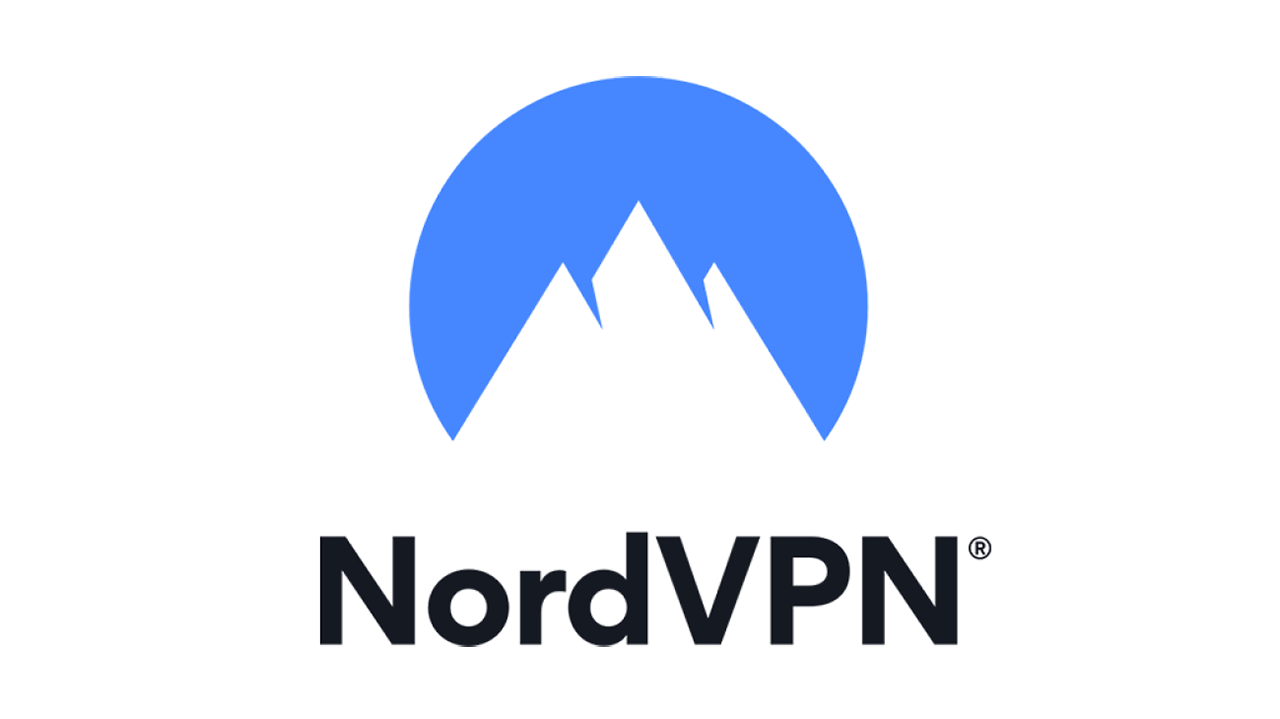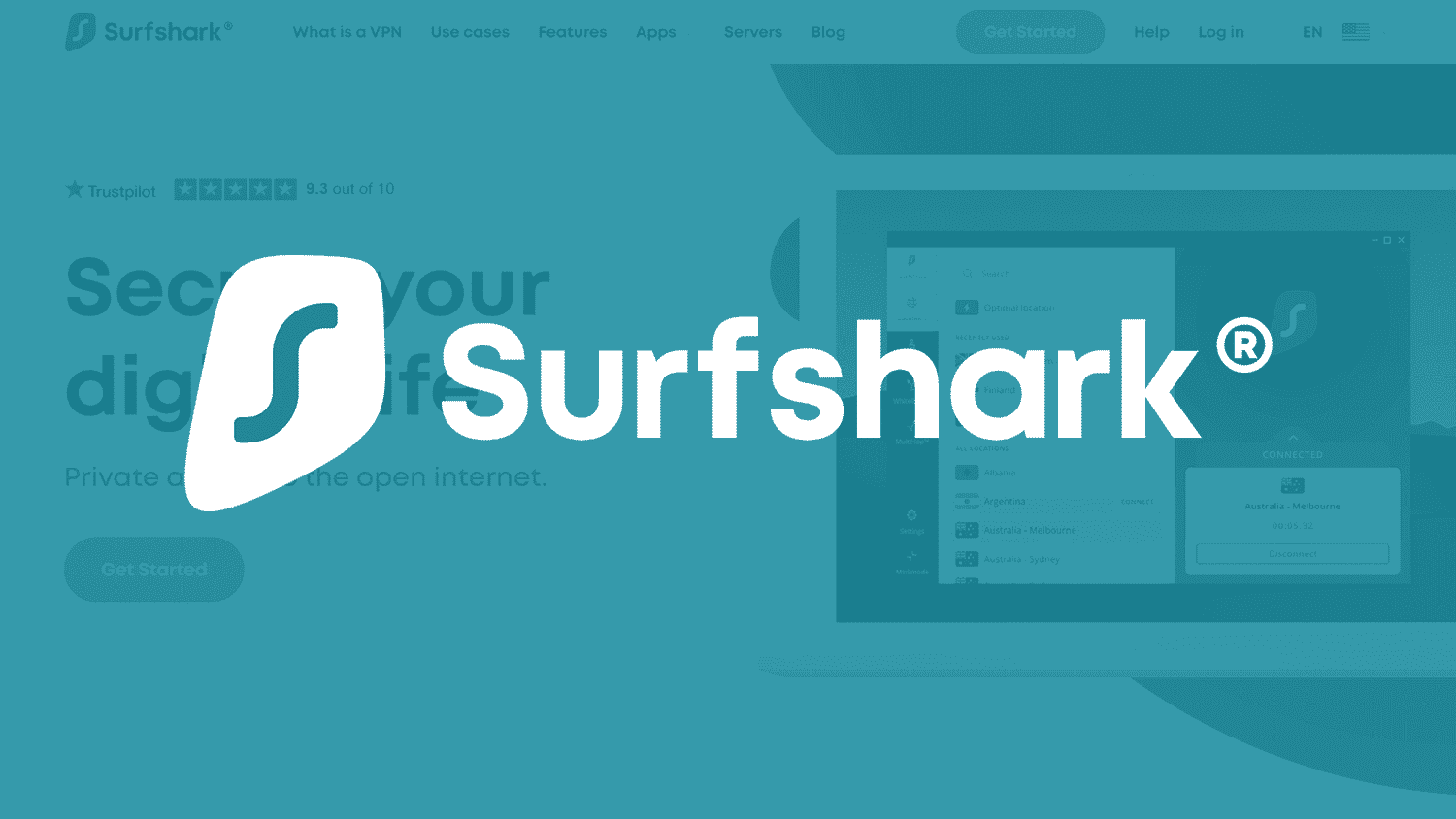Why Everyone Should Use A VPN
If you want to browse the internet safely and securely, without worrying about how your data is being used or where it comes from (it might be insecure), consider using a VPN. A Virtual Private Network routes all traffic through another server so even on public Wi-Fi networks we can use them with peace of mind that our identity will still be hidden thanks for encryption and anonymity!
Reasons Why You Should Use a VPN
Security on Public Wi-Fi
The Wi-Fi service that you are using has a weak security protocol. This makes it an easy target for hackers who want to steal your personal information or ransomware, which will lock down all of the data on your device until payment is received as protection against theft and loss!
This isn’t something small businesses should ignore either – according research done by 500 million people had their identity stolen through public wifi since 2013 alone . So what can we do? For starters try connecting only when absolutely necessary because if there’s one thing I’ve learned from experience (and reading articles) its this: No matter how hard
Data Privacy From Your Internet Service Provider
Your internet connection, even while at home on a private network, is not 100% safe. Your ISP can still see what websites you visit and when with deep tracking of your data usage—and they may sell this information to advertisers who want to know more about how we spend our time online. A VPN will help obscure your IP address so that only those in possession of it would be able recognise uniquely yours online activity (a major plus for safety).
Data Privacy From the Apps and Services You Use
Users of the internet have been complaining for years about what they perceive as an invasion into their privacy. This was brought to light in 2018 when it came out that Facebook had access and mined personal data from Android users without permission or knowledge, which is against company policy; but this isn’t just limited to big companies like FB – many apps store your sensitive information on public servers where hackers can get at them too! Fortunately there’s a solution: Virtual Private Networks (VPNs) mask IP addresses so you’re harder
A good VPN provider will give consumers peace-of mind knowing no one
Data Privacy From Your Government
Many people are unaware that their internet data can still be sold to governments even if it’s not being bough by an ISP, app or web hub. As revealed in 2013 when Edward Snowden released surveillance documents confirming Verizon was selling users’ phone and internet information546 more Americans became aware of this issue – leading them towards outrage which eventually led the passage 6 laws curbing government surveilance
I’m going on record saying we should always have privacy
Access to Any Content in Any Place
Hulu may frown upon your use of a VPN to stream the latest Criminal Minds episode in a country where content isn’t offered, but this is not illegal (in most countries) and it helps provide an workaround for restrictions.
With Hulu’s new policy that has caused people all around America so much trouble because they can no longer watch their favorite TV series when abroad – you’re probably wondering what are my options? Well thankfully there’s one solution: using Virtual Private Networks or “VPN” which allows users bypassing geo-blocking software as well as regulating agencies like Netflix does with its strong RegionalENCODING settings without having any fear over copyright violations
Security When Working Remotely
One benefit of a VPN is its data encryption features. Encryption, or putting data into an encrypted format so it’s meaning can only be understood by the intended recipient; this allows you to keep your confidential information safe from prying eyes! One way we’re investing in our company for remote work opportunities post-pandemic? A Virtual Private Network (VPN). With these secure connections between devices at home/office and headquarters over WiFi networks — even if they are far apart – workers will always have access when working remotely as well – whether that means looking at sensitive materials on their own device while away form HQs, meeting up with other team members online via video chat app like Skype™
Easy to Use
VPNs are a great option for those who don’t want to deal with tech. They’re easy and intuitive, making them perfect as an alternative or supplement in your security strategy!
With so many providers out there it can be tough finding the best one- but we’ve done all of this work for you by selecting our top three favourite reputable companies: Nord VPN, Surf Shark & Express VPN
Adaptable to Numerous Smart Devices
While many of us may first try a VPN on a company-loaned laptop, many VPN services also protect other smart devices such as your phones, tablets and desktop computers. Each VPN company may offer slightly different protection plans and have different capacities to protect different devices, but many providers offer plans that help keep you safe on multiple devices.
Smart Savings
If you are willing to put in a little research, a VPN can help you save money via its location spoofing capabilities. Many types of businesses, such as subscription services and airlines, offer the same amenities or products for different prices. If you change the appearance of your location to a place where services are offered cheaper, you can end up with big savings.
Limitations of VPNs
The best thing about a VPN is that it masks your location. However, this also means the provider can still see what you do on their app and tailor advertising around it because of where they think you are browsing from based off behaviour or other factors
But there’s an even better reason for using one- not only does accessing content differ but so too does how these apps work in various ways depending upon who has access to them—both before AND after connecting via P2P networks!
With a VPN, your data is secure even if the company follows you around on their site. If they get malware or an online attack in return it won’t affect them as much because that’s not what happened when using just cookies alone!
The best way to stay safe while browsing however has always been anonymity-centric tools such Tor which will allow users access websites without leaving any trace behind for third parties like advertisers who want more information about us than we would ever give willingly; this includes our location too so be careful what sites
The likelihood of attacks and security breaches is increased by using a free VPN service. To recoup their business costs, “free” VPN services may sell user data or run ads that could be infected with malware – which means your online activity might just end up being monitored! If you want to increase privacy while also staying safe from hackers (and advertisers!), invest in one-time payment for top notch encryption so ISPs can’t peek through what sites you visit most often .
Featured VPN Deals
Frequently Asked Questions (FAQs)
Yes. VPNs are not foolproof and, like any software, can be susceptible to hacks and malware.
Several Android VPNs were hacked in February 2021, leaking data on millions of users. That’s because those VPN services tracked their users’ data in the first place.
To limit susceptibility to hacks and data leaks, ensure your VPN does not collect your data and that it provides adequate encryption. Free VPNs may not offer the best protection.
No. While subscription services may frown upon using VPNs to stream, this use is not illegal. VPNs are, however, illegal in certain countries for any use at all. Check the restrictions of your country or the countries you are visiting before using a VPN.
If you are a business with any confidential documents or a business that wants to allow employees to access your network remotely, then you should use a VPN.
If you are at all concerned with your data privacy, VPNs are an easy-to-use, reasonably priced security measure that gives you a base level of internet protection. While it may seem silly to protect your data when you aren’t doing anything “wrong” on the internet, even the most innocent among us do have data secrets online, such as sensitive passwords and financial information.
A VPN’s encryption and identity protection services are like a lock on a door, or in other words, a basic security measure that everyone should have.






